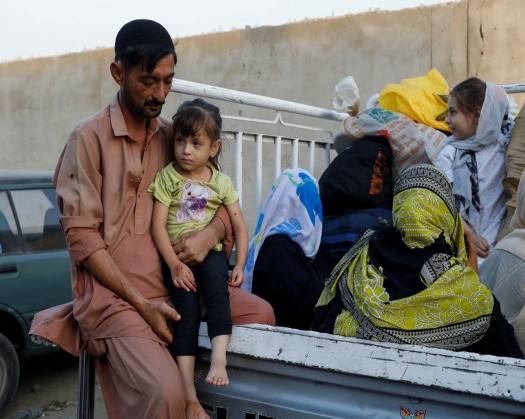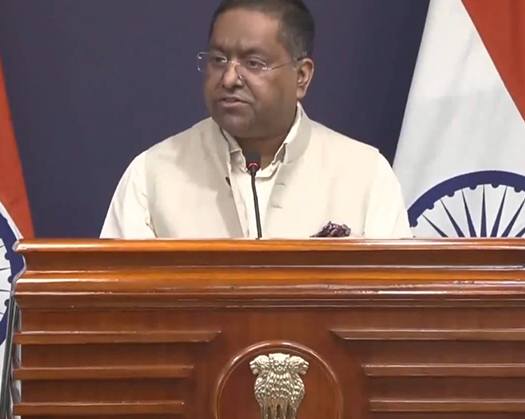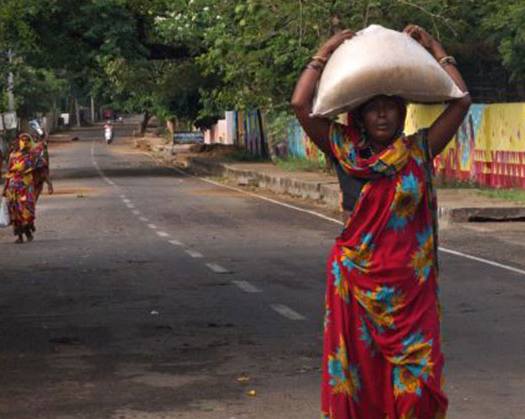According to Khaama Press, the Tajikistan administration has purportedly begun forcibly deporting Afghan refugees in advance of the 15-day deadline that was set earlier this month. Over 150 people have been rounded up from public locations in Dushanbe and sent back to Afghanistan.
Men, women, children, and the elderly are among those who have been deported. Family members have been split in a number of instances, children have been deported while their parents stayed behind, or spouses have been taken while the remainder of the family was left in Tajikistan.
The majority of the deportees are legitimate refugees who are registered with the United Nations High Commissioner for Refugees (UNHCR) and have legitimate refugee cards, according to Khaama Press. Numerous individuals were also in the midst of being relocated to Canada, and their asylum petitions were still being considered.
The Tajik government has not provided an official explanation for the abrupt crackdown. But some experts speculate that the move may be related to recent geopolitical events, notably Russia's official acceptance of the Taliban administration in Afghanistan. The report stated that Tajikistan, which has long been a refuge for antiTaliban voices and Afghan opposition leaders, may now be agreeing with Moscow's stance.
The government's efforts to drive out Afghan antiTaliban organizations from Tajikistan may be caused by their presence there, according to observers. The action is perceived as a shift in politics rather than a question of national security.
The majority of Afghan refugees in Tajikistan live in the Wahdat area, which is around 20 kilometers east of the capital, Dushanbe. Due to its high population density and poor infrastructure, it is difficult to accommodate large displaced groups in Wahdat, which was formerly known as Kofarnihon. Families have been left in disbelief and terror by the abrupt deportations.
Refugee support organizations and activists have expressed concern, calling the circumstance devastating and chaotic. According to Khaama Press, numerous online petitions have been started asking the Canadian government to speed up the resettlement of at-risk Afghan families whose applications are currently being considered.
Although Tajikistan has the support of the UN and other international humanitarian groups, their impact seems to be minimal. Khaama Press reports that the Tajik government has shown little interest in adhering to international refugee treaties or addressing the issues brought up by these organizations.









